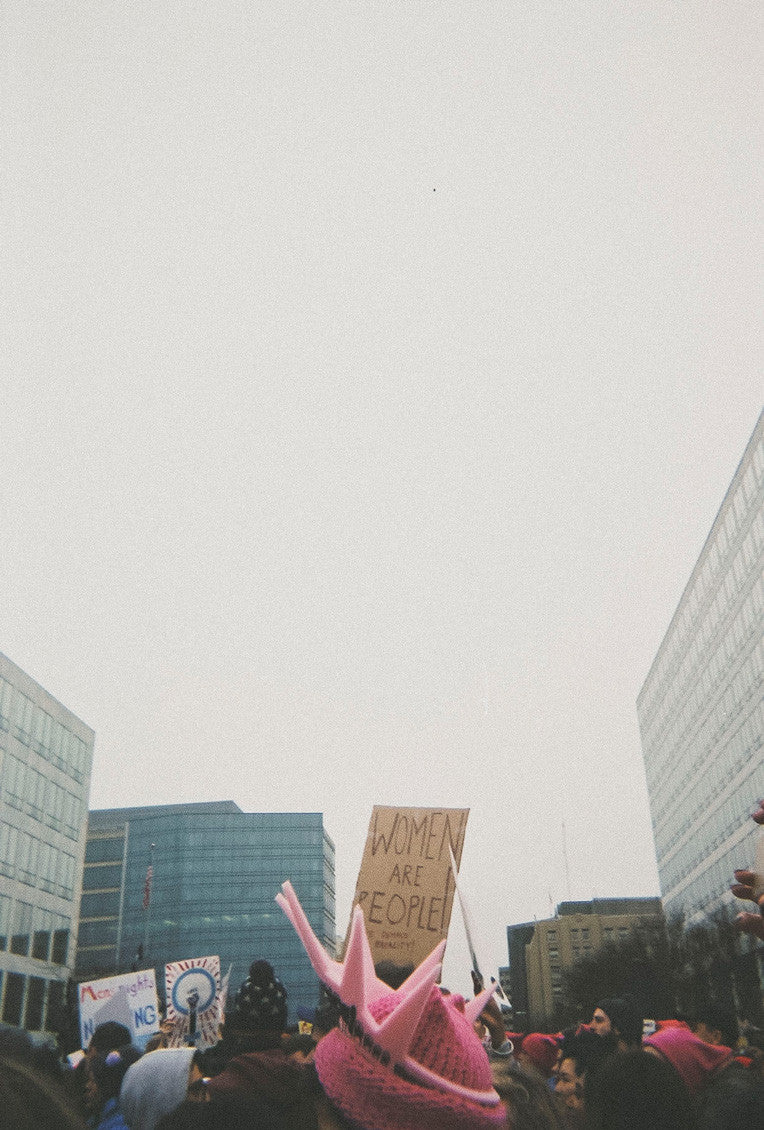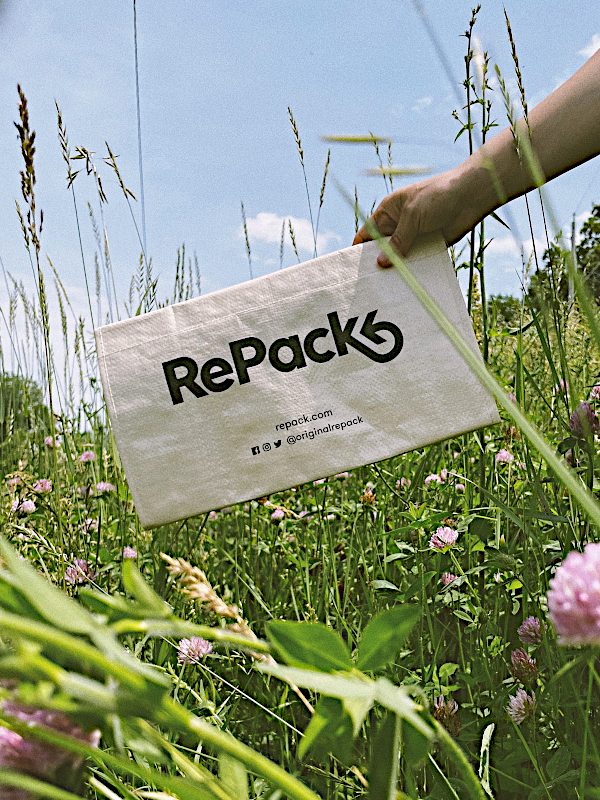A WOMAN’S WALK
 Revolution is not a one time event. -Audre Lorde
Revolution is not a one time event. -Audre Lorde
On March 3rd, 1913, five thousand people marched on Washington in support of the Woman’s Suffrage Movement. August 28, 1963, Martin Luther King Jr. led the March on Washington, demanding civil and economic rights for African Americans- one of the most impressive political rallies to date. In October of ’78, thousands concluded the last leg of the 'The Longest Walk,' Washington- a protest against threats to tribal lands and water rights. In ’79 the first march for lesbian and gay rights was led on Washington. In '96, the Immigrant Rights March united thousands fighting for equal rights of immigrants in America. On the 21st of January, 2017, over 500,000 people gathered to march on Washington for these same causes. We marched to send the new administration an unwavering message that these are still issues at large and our voices will be heard.

 And the Women’s March on Washington was, indeed, heard around the world. While over half a million took to the streets of D.C., approximately 700 other marches were reported worldwide. From Mexico to Antarctica, the international community turned out en masse demonstrating resistance to the racist, sexist, homophobic, xenophobic, and overall ignorant rhetoric thus far displayed by the Trump administration. Des Moines alone had a turnout of over 26,000 protesters at our state capitol- one of the largest rallies our city has seen. D.C. itself was engulfed by the demonstrators. The number of attendees vastly exceeded plans of official organizers. There were an estimated 470,000 people in the national mall area by 2 PM- nearly three times the number in attendance for the inauguration the day prior.
And the Women’s March on Washington was, indeed, heard around the world. While over half a million took to the streets of D.C., approximately 700 other marches were reported worldwide. From Mexico to Antarctica, the international community turned out en masse demonstrating resistance to the racist, sexist, homophobic, xenophobic, and overall ignorant rhetoric thus far displayed by the Trump administration. Des Moines alone had a turnout of over 26,000 protesters at our state capitol- one of the largest rallies our city has seen. D.C. itself was engulfed by the demonstrators. The number of attendees vastly exceeded plans of official organizers. There were an estimated 470,000 people in the national mall area by 2 PM- nearly three times the number in attendance for the inauguration the day prior.

Emotions eventually keeled out and we found our niche tailing an LGBTQ group carrying neon pink signs and enlarged portraits of iconic divas. With them, we marched to the stage in hopes of catching any portion of the speeches. Not only were the streets packed, but trees were spilling with people. Walls had become benches, sculptures were scaled, and porta potties were platforms for chant leaders. The area was so densely packed that no one could move and from where we were, nothing could be seen or heard. We abandoned the situation and decided to try our luck with the food trucks.


My mom and I people watched while my sister waited in line. There was a surprising number of families, plenty of young people and even more elderly women. The most peculiar group though, was a line of people buddied up and led frantically by an older white woman (who was ironically guiding them with a white flag.) Each one had a red hat on- “Make America Great Again.” As they waddled past, my mom and I turned towards one another and the woman next to us, utterly bewildered. We sighed together, but in the end, what the woman next to us said stuck with me more than anything else I heard chanted, shouted, preached, or sung there- ‘They looked scared. Now they know the sense of fear every minority feels when they wake up each morning.’



Moving forward, it is incredibly important to stay informed and active. To get involved with organizations you stand behind. To drive energy into hands-on efforts to make a change. Pay attention to the complexity of these issues and their intersectionality. Do not rely on social media as your sole source for this dialogue- take it to the streets. To work. To school. Definitely to the bar. To yoga. The store. Dinner. BRUNCH. Wherever and whenever you find engaging conversation. Furthermore, it’s counterproductive to delete, block, or unfollow others with opposing views- this creates a bubble homogeneity in your online existence (which is, unfortunately, significant.) See the stance of the other side before you bring them to their knees.
It has been a month since the March, and the experience is still running through my mind. I couldn't be more grateful to have had the opportunity to attend, especially with the two most influential and important women in my life. It was not, however, a ‘good time.’ It was not ‘fun.’ It was too serious and too real for that. It was too necessary. Election day had shattered my idea of America and woke me from a level of naivety I’d not realized I was in. The Women’s March on Washington is an experience I’ll tell younger generations of in my old age because their lives will be different because of it. We’ve only just begun.



 Revolution is not a one time event. -Audre Lorde
Revolution is not a one time event. -Audre Lorde

